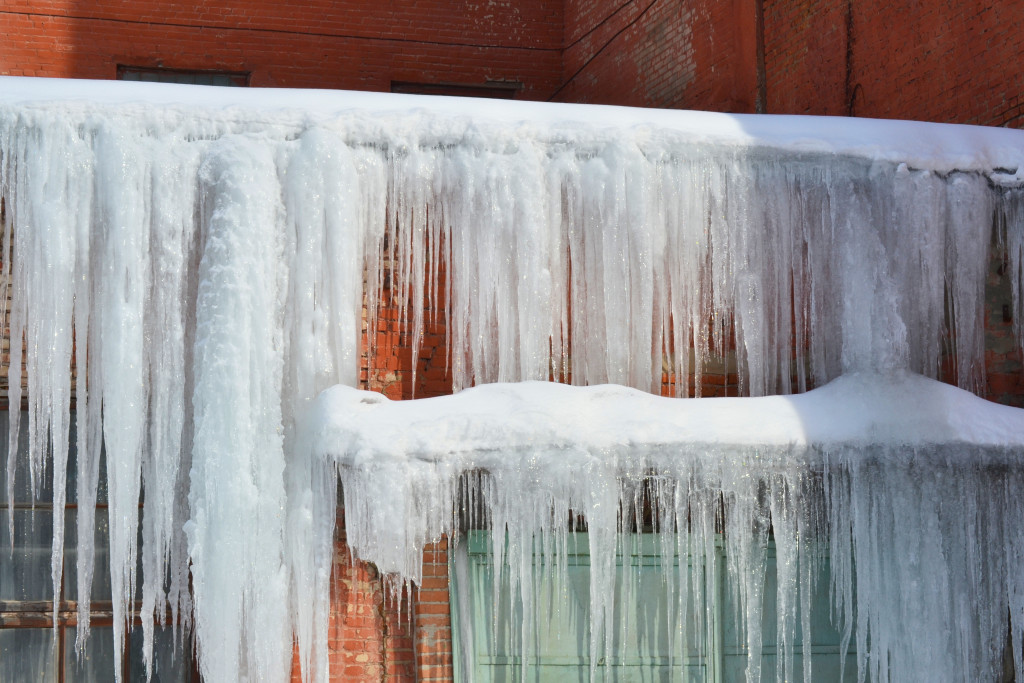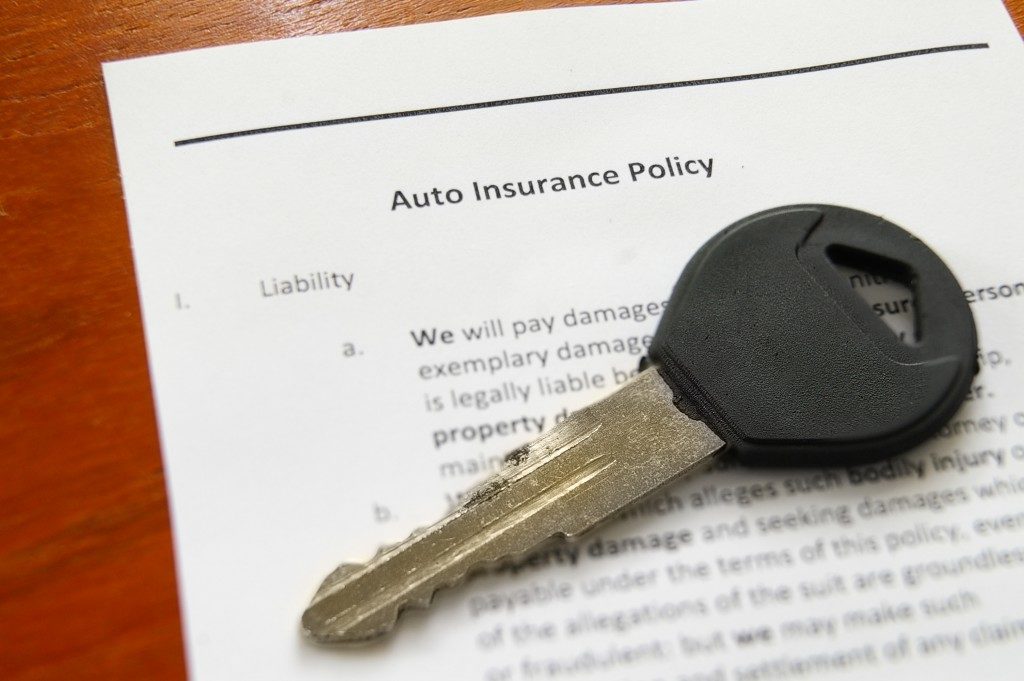Winter can be a magical time of year. The snow falling gently outside and the fireplace crackling inside make for a cozy scene. But as lovely as winter can be, it also takes its toll on homes. Here are some ways winter can damage your home:
Structural Damage: One of the most common ways winter damages homes is by causing structural damage. This can be anything from cracks in the foundation to leaks in the roof. The cold weather can cause the ground to shift, which can then cause cracks in your home’s foundation. And the snow and ice can build up on your roof and put pressure on your home’s structure, leading to leaks.
Pipe Damage: Another common issue homeowners face in winter is pipe damage. The cold weather can cause the water in your pipes to freeze, leading to the pipes bursting. This can cause serious damage to your home and be very costly to repair.
Water Damage: Water damage is another issue that can occur in winter. If your pipes burst or you have a leak in your roof, the water can cause serious damage to your home. This can include anything from mold and mildew to rot and structural damage.
All these damages can lead to over $15 billion in insured losses in the country. Thankfully, there are ways you can prepare for winter. Here are some of those options.
Check Your Heating System
Now is an excellent time to ensure your heating system keeps your home warm all winter long. If you have a central heating system, start by having a professional check it out to ensure it’s in good working order.
If you have a furnace, have the filter replaced and the unit serviced by a qualified technician. If you have a wood-burning stove, have the chimney cleaned before you start using it for the season.
Additionally, if you’re planning to spend some time in your backyard, ensure outdoor heating. One great form of outdoor heating is an outdoor fire pit. Having a fire pit outside your home has various benefits. First, it provides extra warmth around your home and can save money on your heating bill. It’s also a great way to keep guests heated if you have an outdoor party. Lastly, it can add to the value of your home.

Protect Your Pipes
Frozen pipes are one of the most common—and most damaging—problems homeowners face in winter. The average cost of replacing an entire piping system can cost as much as $7,000. To prevent your pipes from freezing, start insulating them with pipe sleeves or wrapping them with heat tape. You should seal any gaps or cracks around doors and windows to keep warm and cold air out. Finally, let your faucets drip slightly during extreme cold snaps; running water is less likely to freeze than standing water.
Keep Things Dry
Moisture is another enemy of homes in wintertime. To combat moisture buildup, start by ventilating wet areas like kitchens and bathrooms after cooking or showering. You should also try to take your shoes off before coming inside. It will help prevent melting snow and ice from tracking through your home and raising the humidity levels. Lastly, invest in a dehumidifier for particularly wet areas. It will help remove excess moisture from the air and prevent mold and mildew from growing.
Don’t Forget About Your Gutters
Gutters are essential in protecting homes from water damage, but they can easily get clogged with leaves, twigs, and other debris in fall and winter. As a result, it’s essential to clean your gutters regularly (at least once every few months) to ensure they’re doing their job correctly. If you don’t feel comfortable climbing up a ladder to clean your gutters yourself, hire a professional to do it for you—it’s worth the peace of mind knowing that your gutters are clean and functioning correctly.
Keep an Eye on Your Roof
Your roof takes a beating from wind, rain, snow, and ice all winter long—so it’s crucial to inspect it regularly for any damage that may have occurred throughout the season. Look for cracked or missing shingles, leaks around vents or skylights, or any other signs of wear, such as curling or buckling shingles. If you spot any problems, call a professional roofer right away so they can make the necessary repairs before more severe damage occurs.
Following these five tips can help protect your home this winter, no matter what Mother Nature throws your way. Additionally, it can help you avoid costs for home repairs.



